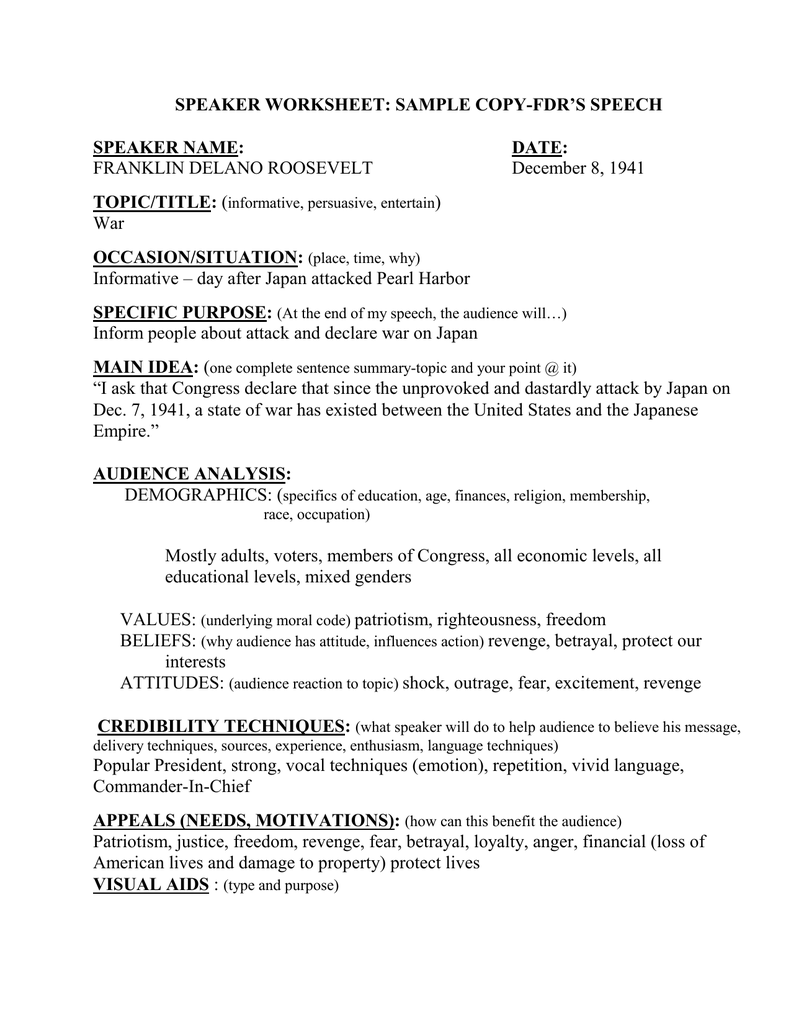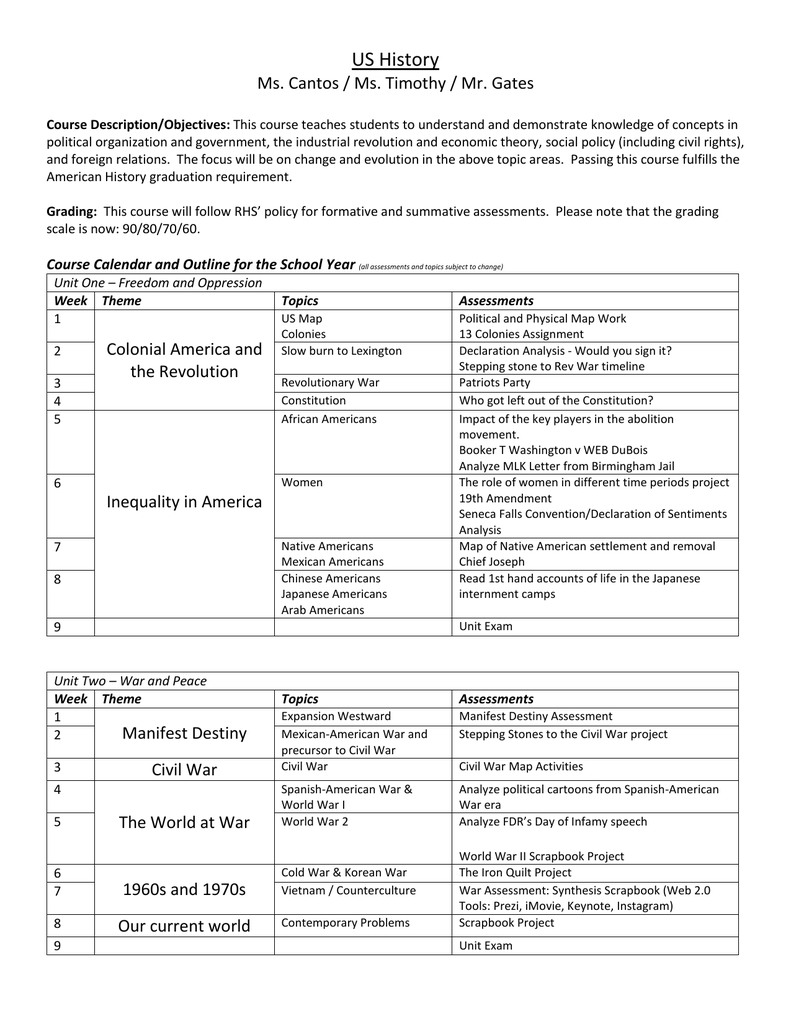
The speech has since been used in various films.

The White House later received a number of telegrams praising Roosevelt's stance. Soon after the speech, Congress almost unanimously declared war against Japan. It was broadcast live by radio and attracted the largest audience in American radio history, with over 81% of people tuning in to hear the speech. It is one of the most famous speeches of American politics. The speech had a immediate positive response and long-lasting impact. According to author Sandra Silberstein, Roosevelt's speech followed a well-established tradition of how "through rhetorical conventions, presidents assume extraordinary powers as the commander in chief, dissent is minimized, enemies are vilified, and lives are lost in the defense of a nation once again united under God."

It made the speech powerful and rhetorically important. Roosevelt employed the idea of kairos, which relates to speaking promptly. Roosevelt's speech was worded to reinforce his portrayal of the United States as a victim of unprovoked Japanese aggression and appealed to patriotism rather than to idealism. After consulting with his cabinet, Roosevelt decided to deliver an address before the joint session of the Congress the next day. On December 7, 1941, the American naval base at Pearl Harbor in the Territory of Hawaii was attacked by 353 Imperial Japanese Navy Air Service aircraft in a surprise military strike, destroying various American ships and aircraft, and killing over 2,400 civilians and military personnel. The title of the speech is derived from its first line: "Yesterday, December 7, 1941-a date which will live in infamy." Roosevelt, the 32nd president of the United States, delivered to a joint session of Congress on December 8, 1941, a day after the Empire of Japan's attack on the United States military bases at the Pearl Harbor, Hawaii, and the Philippines, along with the Japanese declaration of war on the United States and the British Empire. The "Day of Infamy speech", sometimes referred to as just "Infamy speech", was a speech that Franklin D. An excerpt from the speech where Roosevelt says ". a date which will live in infamy".


 0 kommentar(er)
0 kommentar(er)
